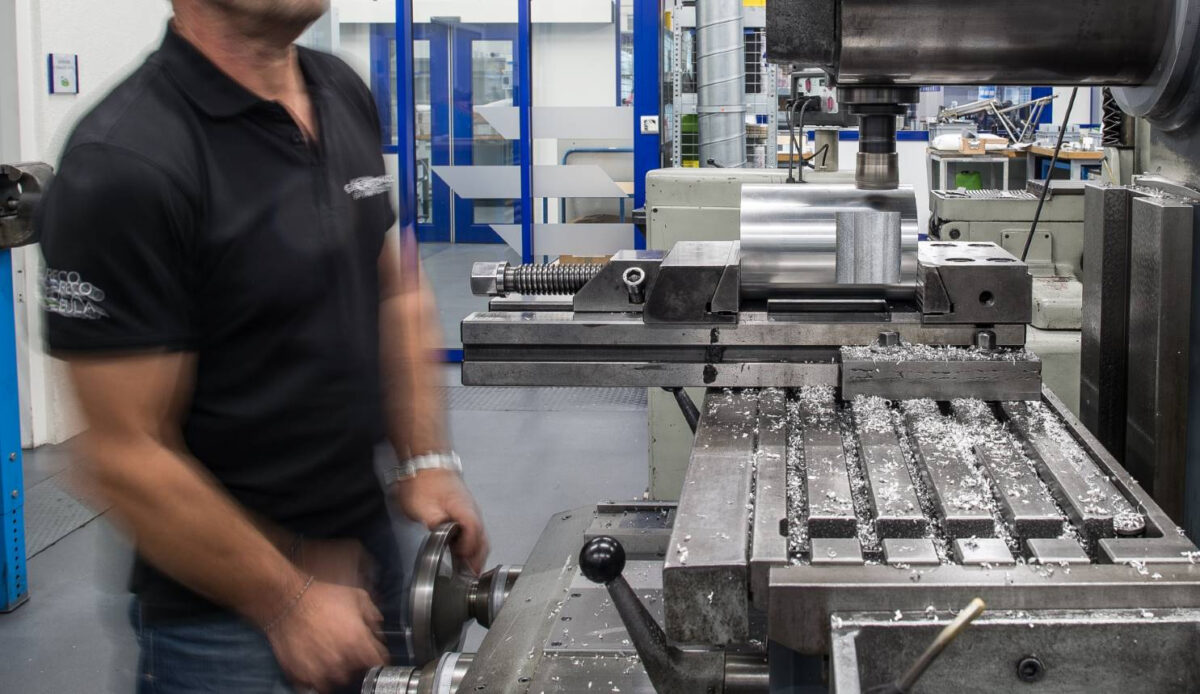Sowind Group, owner of Ulysse-Nardin and Girard Perregaux, has confirmed that it is receiving government support to keep paying around 50 out of its 320 workers shifting to short-time work.
WatchPro reported in early August that around 40 companies submitted applications for short-time work in the Swiss watchmaking Jura canton over the summer, but Patrick Pruniaux, CEO and chairman of Sowind Group, is the first leader of a watch brand to disclose that it is using the short-time work scheme to manage costs during a downturn in demand seen most starkly in China and Hong Kong.
“It’s a small watch crisis so far, slightly disconnected from the economy,” Mr Pruniaux told Bloomberg at Geneva Watch Days last week. “This year is a challenge,” he added.
Breitling’s CEO Georges Kern, declined to comment on whether the business had used short-time working to cut costs while predicting 2024 sales might just exceed 2023.
Around 40 companies submitted applications for short-time work in the Swiss watchmaking Jura canton over the summer, Pierre-Alain Berret, head of the Jura Chamber of Commerce, told Swiss newspaper Neue Zürcher Zeitung, with applications coming from equipment, tools and component manufacturers that supply both the large industrialised groups and Switzerland’s legions of independent watchmakers.
Gilles Coullery from Jura’s Office for Economy and Employment, confirmed the spike in companies looking cut costs.
“It is still too early to give clear figures, but around 40 companies with around 2,000 employees have applied for short-time work,” he told NZZ in July.
What is short-time working?
In Switzerland, if a company has to temporarily cease operations or reduce working hours for reasons such as a downturn in the economy, it can apply to introduce short-time working, which authorities approve when it avoids employees having to be laid off.
The scheme is similar to the support companies received during the darkest days of the pandemic when manufacturing all-but stopped for several months in 2020.
Canton-level institutions, such as the Jura Office for Economy and Employment will pay an employer 80% of any lost earnings for their employees, who might have their working weeks halved.
The remainder of each short-time worker’s salary has to be made up by the employer.
Exports of Swiss watches have dropped by around 3% in the first half of 2024, with the downturn accelerating to -7% in June.
The biggest manufacturers have said they will reduce production capacity but not make redundancies of highly trained, and hard to find, watchmakers, even if this hurts profit margins during the current downturn.
NZZ described the actions of two companies in the supply chain.
Recomatic, which makes industrial machines for the watch industry, sent 20% of its 140 employees on short-time work in June. Full-time work is expected to resume in July and August, but short-time work may be introduced again in September.
Watch case manufacturer Louis Lang, based in Porrentruy, close the French border in the Jura mountains, has 550 employees and plans to temporarily suspend production at the beginning of September without losing its team.

